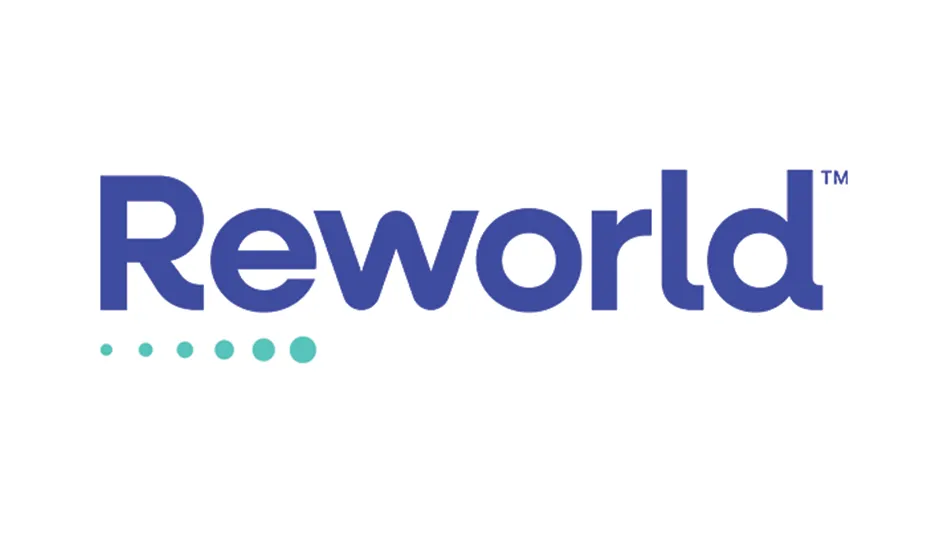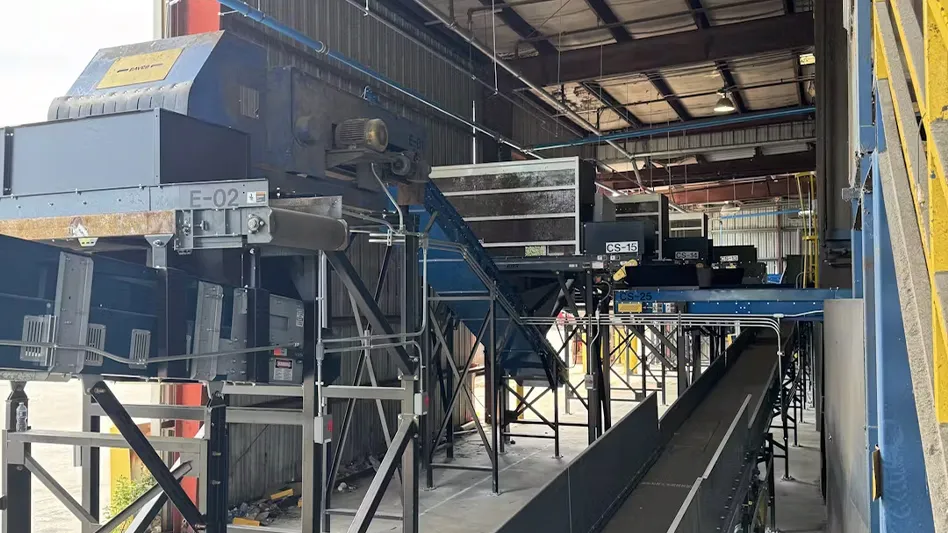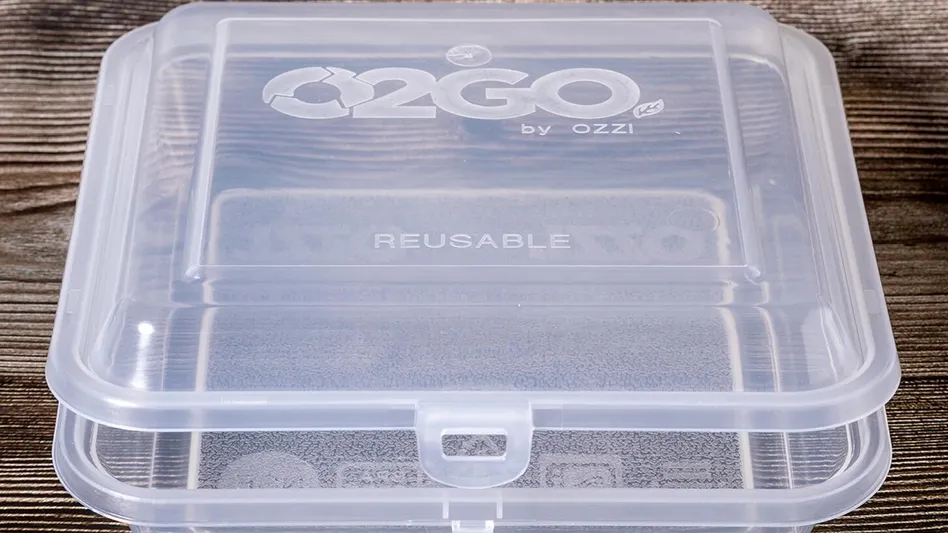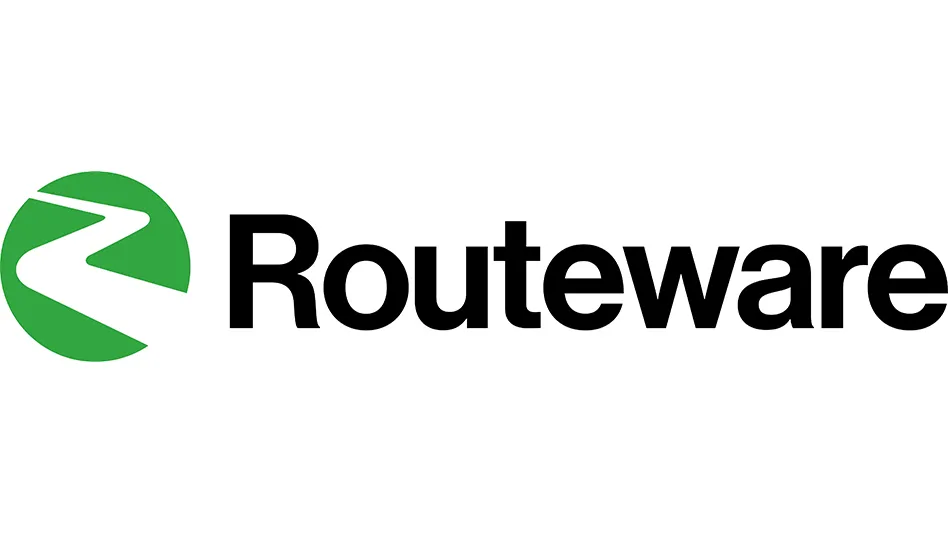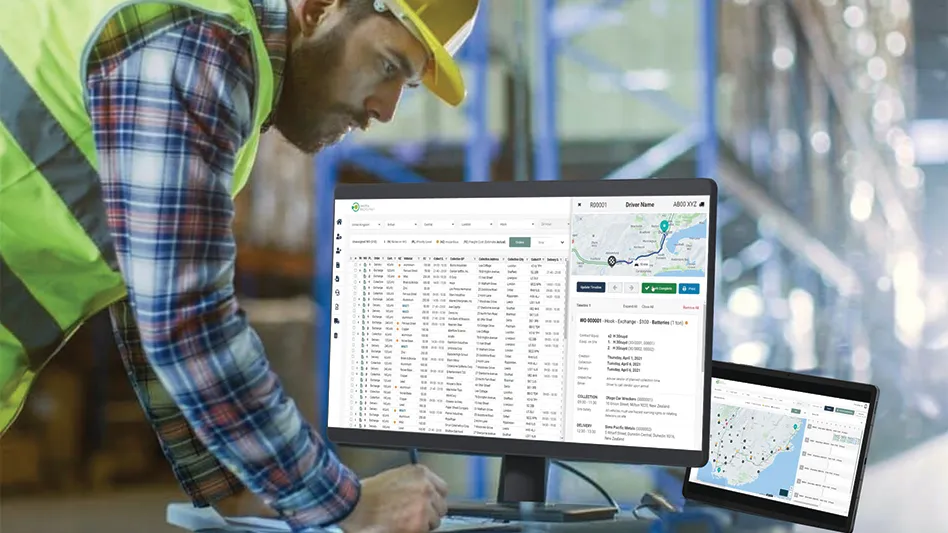Joe Pickard, chief economist for the Washington-based Institute of Scrap Recycling Industries (ISRI), has testified before the U.S. International Trade Commission (ITC) at a hearing to examine the economic impacts of barriers to the free trade of environmental goods.
In his April 14, 2014, testimony, Pickard called for the ITC to include all scrap commodities and equipment in its classification of environmental goods given the critical role the recycling industry plays in global trade and the environment, he. He also testified that eliminating tariff barriers would benefit the recycling industry, the U.S. balance of trade and the environment.
“The export of environmental goods such as scrap commodities and recycling equipment are not only good for the health of the planet, but also have positive impacts on our balance of trade,” Pickard testified. “The United States has already leveled the playing field for the importation of recycled commodities including recovered paper and fiber, metals and plastic scrap, as well recycling equipment such as shredders, balers, shears, cranes, material handlers, conveyors, magnetic separators and spectro analyzers. At the same time, U.S. exporters face significant trade barriers including import tariffs that restrict the free flow of these goods.”
In 2013, the United States exported 42.8 million metric tons of commodity grade scrap to 160 destinations worldwide, ISRI says. The activities generated $24 billion in export sales and significantly helped the U.S. trade balance. In addition, exports of recycling equipment from the United States totaled $435 million in 2011 as export sales accounted for 15 percent of total scrap equipment revenues, according to the association.
Tariff duties were applied to nearly $700 million worth of U.S. ferrous scrap exports and $300 million worth of recovered paper exports last year, while U.S. exporters also face a range of import tariffs on the trade of nonferrous metal scrap and plastic scrap exports as well, ISRI says. In contrast, harmonized tariff data show there are no general duties imposed by the United States on the import of recovered paper and fiber, ferrous and nonferrous scrap or plastic scrap. Similarly, there is a significant discrepancy between the tariff barriers faced by U.S. exporters of recycling equipment and the treatment of equipment imports into the United States, the association adds.
“Eliminating tariffs overseas would clearly provide a significant boost to U.S. exporters of recycled goods and recycling equipment and would have positive implications for the U.S. balance of trade,” said Pickard. “ISRI fully supports the ITC’s timely and much needed investigation and would welcome the inclusion of the full range of scrap and recycling equipment in this and future examinations.”
Latest from Recycling Today
- Cyclic Materials expands leadership team
- Paper cup acceptance at US mills reaches new milestone
- EPA announces $3B to replace lead service lines
- AMCS showcasing Performance Sustainability Suite at WasteExpo
- New Way and Hyzon unveil first hydrogen fuel cell refuse truck
- Origin Materials introduces tethered PET beverage cap
- Rubicon selling fleet technology business, issuing preferred equity to Rodina Capital
- Machinex to feature virtual tour of Rumpke MRF at WasteExpo
